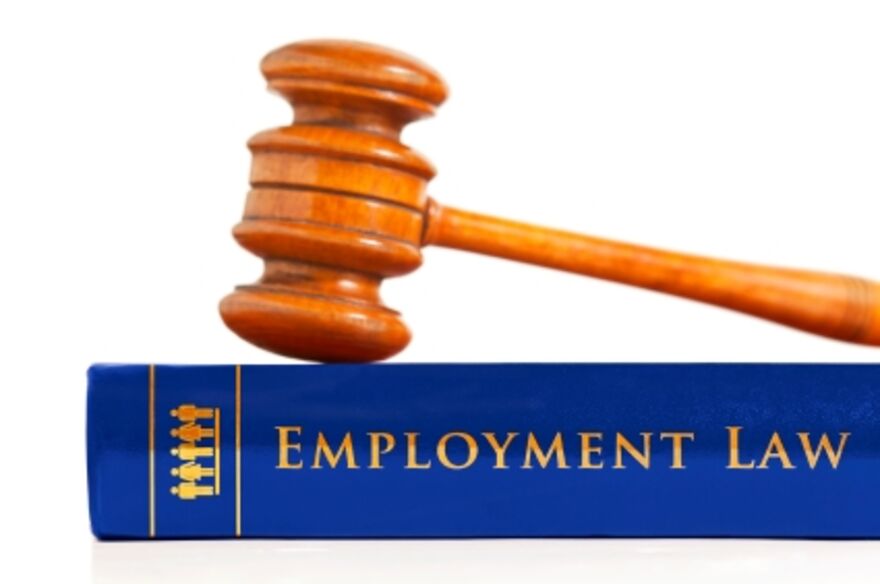NEWS
In MPT Group Ltd v Peel & ors the High Court confirmed that an employee’s duty of good faith did not extend to an obligation on employees to disclose their intention to lawfully compete with their employer.
DETAILS
In MPT Group Ltd v Peel & ors, MPT sought injunctive relief against two former employees, Mr Peel and Mr Birtwistle, who had set up a business designing, producing, supplying and installing mattress machinery, in direct competition with MPT.
In support of its application for an interim injunction MPT alleged that Mr Peel and Mr Birtwistle had misused MPT’s confidential information, infringed its database and copyright and wrongly conspired to use unlawful means with the intention of injuring MPT. In addition, MPT alleged that Mr Peel and Mr Birwistle had given untruthful answers to straight questions about their future plans prior to their departure. This, MPT argued, was a breach of the duty of good faith.
However, the High Court took a different view, stating that Mr Peel and Mr Birtwistle were not under a duty to disclose their true intentions to MPT. Whilst clarifying that the law will step in to prevent unlawful competition or to hold employees to enforceable restrictive covenants or to protect confidential information, the High Court was ‘reluctant’ to hold that the failure by a departing employee to disclose their own confidential and nascent plans to set up in lawful competition amounted to a breach of the duty of good faith.
COMMENT
Hannah Pryce comments: “Although it is somewhat surprising that the Court decided in this case that the employees’ contractual obligation to serve their employer with good faith and fidelity did not extend to a duty to disclose their plans to set up in competition, the decision could have been different had the employees also been directors of the company as they would have owed a fiduciary duty to act in the best interests of their employer”.
For further information or assistance with any of the matters discussed above please contact a member of the team.
© Howes Percival LLP




